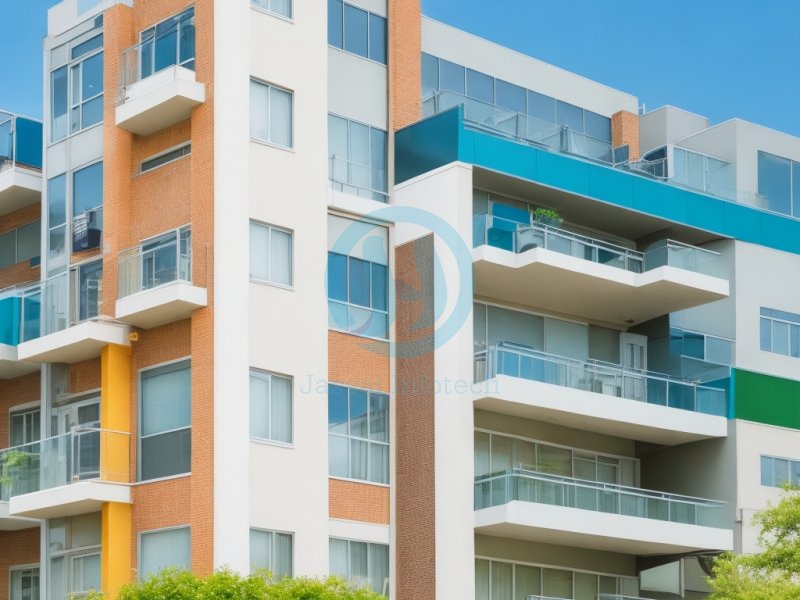
Welcome to our comprehensive guide on commercial property management! Whether you're a seasoned landlord or a new tenant, this blog will equip you with valuable insights and tips to enhance your experience in the world of commercial real estate. Efficient property management is the key to a successful and thriving business, so let's dive into the ten essential tips for landlords and tenants.
For landlords and tenants alike, clear and open communication is vital. Establish a reliable channel of communication to promptly address concerns, maintenance requests, or any issues that may arise. By fostering a transparent relationship, both parties can resolve matters efficiently, leading to a more productive and harmonious commercial space.
Landlords must craft comprehensive and legally sound lease agreements that outline all essential terms and conditions. Similarly, tenants should thoroughly review and understand these agreements before signing. Precise details regarding rent, lease duration, maintenance responsibilities, and potential penalties must be explicitly stated to avoid misunderstandings down the road.
Routine property inspections benefit both landlords and tenants. Landlords can identify and address maintenance needs promptly, ensuring the property remains in excellent condition. For tenants, this provides an opportunity to raise any concerns and maintain a safe and comfortable working environment.
Timely maintenance is crucial to keep the property in top-notch condition. Landlords should implement a proactive maintenance schedule and promptly address any issues reported by tenants. Regular upkeep not only prolongs the property's life but also enhances its value and attractiveness to potential clients.
Safety and security are paramount in commercial spaces. Landlords should invest in robust security measures such as surveillance cameras, access control systems, and well-lit common areas. Tenants should also adhere to security protocols to protect their assets and promote a secure environment for all occupants.
Both landlords and tenants must be well-versed with local property laws and regulations. Compliance with zoning laws, safety codes, and occupancy regulations is essential to avoid legal troubles. Staying informed helps prevent potential disputes and ensures a smooth commercial property operation.
A positive tenant-landlord relationship can create a mutually beneficial partnership. Landlords should show appreciation for reliable tenants, and tenants can build trust by paying rent on time and respecting property rules. A respectful and supportive atmosphere encourages long-term lease agreements and reduces turnover rates.
Landlords should establish clear rent collection procedures and offer multiple payment options for tenants' convenience. Meanwhile, tenants must prioritize timely rent payments to maintain a good rapport with their landlord. This ensures a steady cash flow for property upkeep and investment.
Incorporating technology into property management can streamline processes for both landlords and tenants. Online tenant portals, maintenance request systems, and digital lease agreements make communication and transactions more efficient, saving time and reducing paperwork.
For landlords, long-term planning is vital. Regularly assess the property's performance and consider upgrades or renovations to stay competitive in the market. Tenants should also plan for their business growth, ensuring the space continues to accommodate their needs as they expand.
Commercial property management requires effort, communication, and a proactive approach from both landlords and tenants. By following these ten essential tips, you can create a successful and rewarding commercial property experience. Remember, a well-managed property fosters a thriving business environment for all parties involved, ensuring a bright future for your commercial venture. Happy property managing!
Share This News